Join getAbstract to access the summary!

Join getAbstract to access the summary!
Seth Stephens-Davidowitz
Everybody Lies
Big Data, New Data, and What the Internet Can Tell Us About Who We Really Are
Dey Street, 2017
What's inside?
Discover the truth behind why people lie and how data science sheds light on falsehoods.
Recommendation
Economist and former Google data scientist Seth Stephens-Davidowitz delves into some of the darker aspects of US society and reveals how the new age of big data sets provides insights about America today. His accessible writing makes his data analysis approachable, as he explains how data analysis like his works and how analysts utilize data sets. He also covers relevant advances in analytics. Building from his ground-breaking political research, he discusses sociology, psychology, economics, medicine and crime. Be forewarned: Stephens-Davidowitz discusses his and others’ research into racism, child abuse, sexuality and pornography in stark terms, including specific racial slurs used in the research. This startling overview is informed reading for anyone seeking to understand how big data can shape contemporary life and attitudes.
Summary
About the Author
Former Google data scientist Seth Stephens-Davidowitz – now a visiting lecturer at the Wharton School and a New York Times op-ed contributor – uses big data to reveal underlying currents in human behaviors and attitudes.









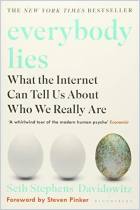

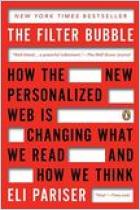
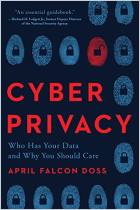
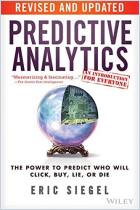



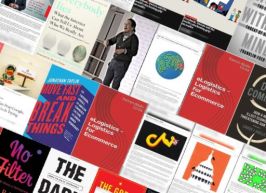


Comment on this summary